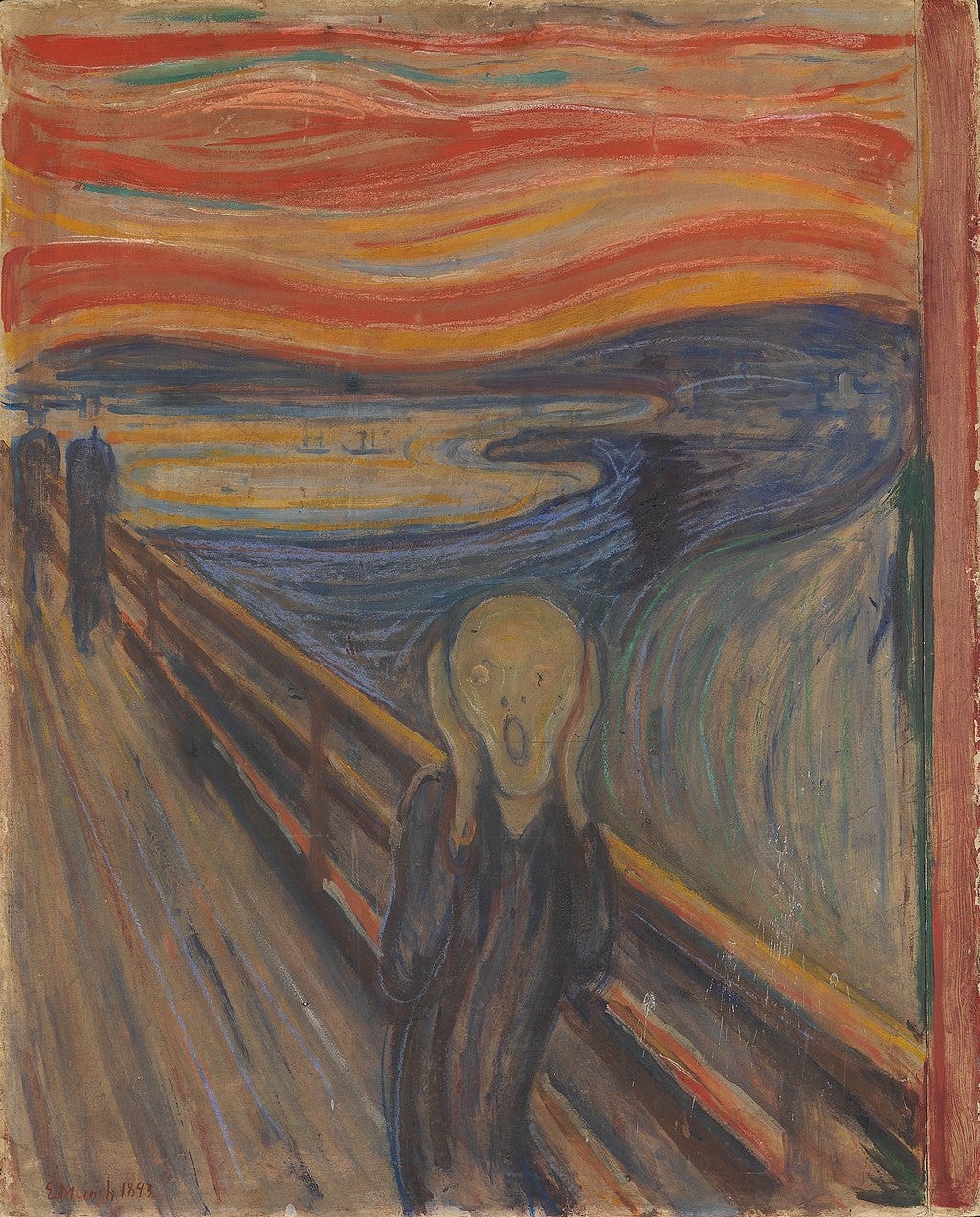
Welcome to Infophilia, a weekly newsletter about the human love of information and connections. This is one of the places where I'm pioneering the foundations of a positive and evolutionary psychology of information. If you’re a new subscriber, I’m glad to have you here, welcome back everyone else, I hope you all had a good Valentine’s Day, and thanks for reading!
Quit Lit refers to two interrelated yet distinct phenomena that have gained traction in recent years. On one hand, there is the growing body of literature about people voluntarily leaving academia or other careers.[i] On the other, there is a new genre of storytelling – conversations, memoirs, and stories – documenting people's journeys with alcohol, becoming sober curious, overcoming dependence, addiction, or quitting alcohol. Despite differences, both forms of literature are acts of rebellion against self-censorship. Quit Lit is intellectual freedom against societal pressures.



